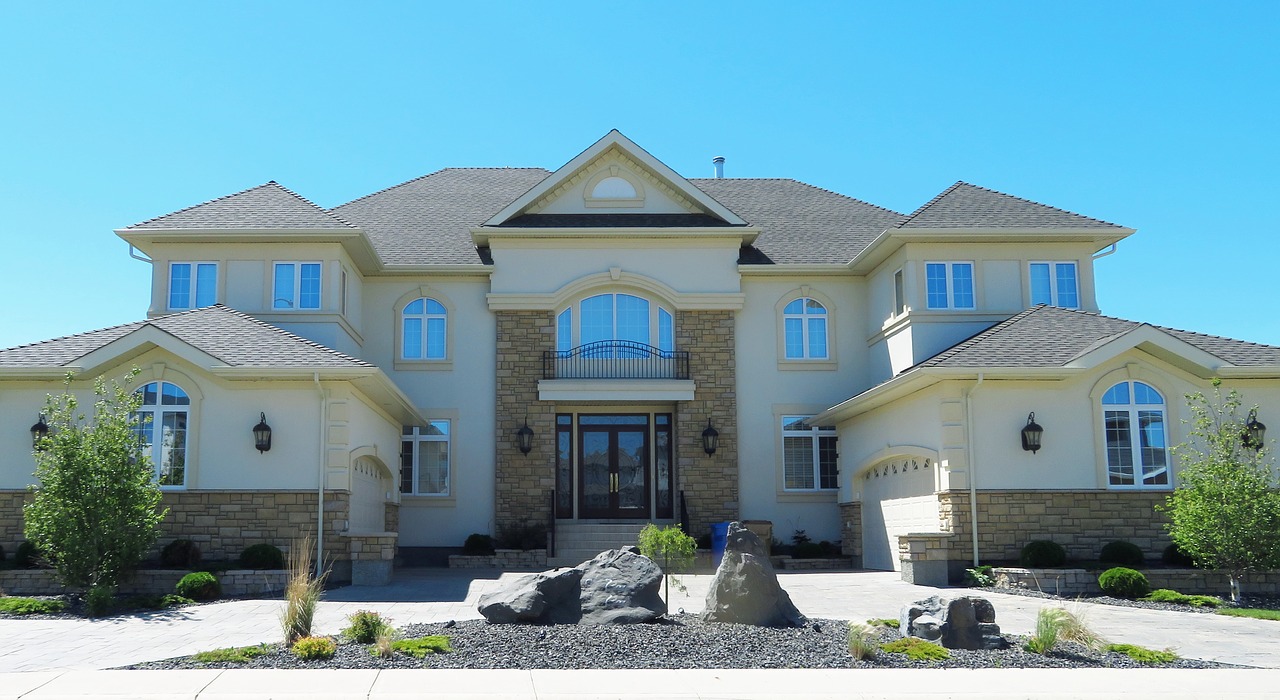A house is a terrible investment. But for a lot of people, it’s the best investment.
Q2 2021 hedge fund letters, conferences and more
Let’s unpack that…
Unless you buy a new house, you will probably spend up to 1% of the value of the house on maintenance every year.
Stuff breaks. Pipes burst, roofs leak, and occasionally the whole thing burns down. I live by the ocean, so the maintenance is relentless—constant leaks, not to mention the hurricanes. Plus, you have to pay to insure it, you have to pay the property taxes, and you have to pay for all the other stuff. And that’s on top of the mortgage.
Ordinarily, you wouldn’t characterize something that costs you money as a good investment.
But house prices go up over time, right? Sure, over a 40-year time horizon, I feel pretty comfortable that the price of my house will go up, even if only because of inflation.
But the price of a house can also go down.
It’s a Place to Live
People should stop thinking about their house as a trade and start thinking about it as a place to live. Throughout most of US history, that is all it was.
And besides, most people can’t time when they buy a house. They do it when they move for a new job, when they expand their family, and so on.
If people realized how risky buying a house was, they would freak out. I’ll walk you through an example: my first home purchase over two decades ago.
We bought a condo for about $179,000. Our down payment was about $40,000. And we sold it for $300,000 around two years later. So, we made $121,000 off a $40,000 investment. That’s a return of a bit over 300%.
It worked out well for us, but it didn’t have to. Let’s say we bought our condo for $175,000 and sold it for $135,000. Our equity would have been wiped out—we would have walked away with nothing. A 100% loss.
If you can make 300% on something or lose 100% on it, I would not characterize that as a safe investment. And yet, a house is the best investment a lot of people ever make.
Forced Savings
Most people are terrible at saving. And a 30-year fixed-rate mortgage is a forced savings program.
With each monthly payment, you pay down a little bit of the principal. And over time, you build equity. It happens slowly at first, and then picks up speed. Before long, you own 30, 40, or 50% of your house.
If you make prepayments, you dramatically shorten the length of the mortgage. It doesn’t take much. Prepay just a little bit of it, and you knock years off the mortgage.
Building equity in your home is super important. Myrtle Beach, where I live, is full of people from places like Queens, NY, who sold their homes for $800,000–$900,000 after paying the house off over 30 years. A lot of these people have no other savings. So, they sell their house, take the cash, move south, pay $300,000 for a house, and live off the rest.
Let me be clear: These people often have no other savings apart from the equity in their homes. And they are living well in retirement. Magic.
When to Rent
And yet, not everyone should buy a home. You should rent if:
- You don’t have a cushion if things go wrong.
- You wouldn’t do a great job of taking care of a house.
- You are irresponsible.
- Your rental payments are lower than a mortgage payment on an after-tax basis (including property taxes and insurance) for a comparable home.
- You think houses are overpriced.
Renting carries a stigma. People think you’re not a responsible adult if you rent.
Actually, renting might mean that you’re even more of a responsible adult since you’re not financially tomahawking yourself just to own a home.
Article by Jared Dillian, Mauldin Economics
Jared Dillian is an investment strategist at Mauldin Economics and a former head of ETF trading at Lehman Brothers. Subscribe to his weekly investment newsletter, The 10th Man. You can follow Jared on Twitter @dailydirtnap.

